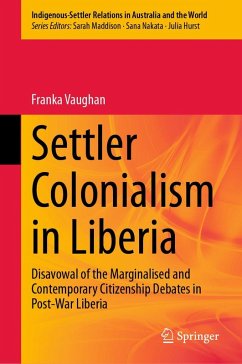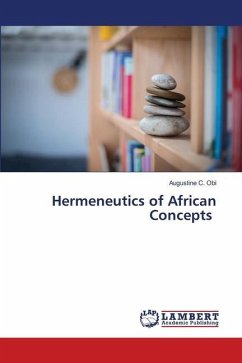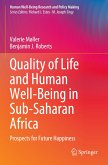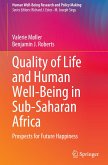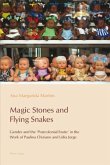Syncretic or 'Spi-Ritual': The Persistence of African Indigenous Beliefs in Neo-Pentecostal Expressions in Sub-Saharan Africa This study is about exploring the complex relationship between African Indigenous Religious (AIR) traditions and the growing presence of Neo-Pentecostal Christianity in Sub-Saharan Africa. At its foundation, the research challenges the common belief that modern African Christianity, especially in its Neo-Pentecostal form, marks a complete departure from traditional religious practices. Instead, it reveals a more intricate interplay of retention, adaptation, and transformation. Neo-Pentecostalism does not signify a theological break; rather, it often mirrors continuity with AIR. Although it publicly distances itself from what it labels "pagan" or "demonic" customs, it subtly reintegrates important indigenous spiritual elements under the guise of biblical teachings. This phenomenon, described provocatively as spi-'rituals', highlights a syncretic spirituality that fuses Christian narratives and African metaphysical ideas. This spirituality emerges not from theological compromise but from cultural memory and the need to address existential concerns. Throughout this book, you'll note how many AIRs ritual practices, such as ancestral mediation, spirit appeasement, and ritual healing continue to manifest within Neo-Pentecostal settings, often reconfigured through practices like deliverance ministries and spiritual warfare. For instance, midnight prayers echo traditional night rituals, while spiritual mapping and territorial prayers resonate with indigenous methods of engaging the spiritual landscape. Prophetic proclamations resemble the functions of traditional diviners by providing insight and solutions for pressing life challenges. The emergence of neo-prophetism, characterised by charismatic preachers, large-scale deliverance events, and public displays of miracles, serves as a clear example of this cultural transformation. Today's prophets wield significant influence across spiritual, political, and economic spheres. Their churches often act as platforms of power and branding opportunities, leading to a commodification of the sacred where divine access is tied to financial transactions like seed sowing and prophetic offerings. This shift raises important ethical questions regarding financial exploitation and the integrity of doctrine, as it reflects the changing role of religion in African societal life. Rather than framing the debate as a binary choice between "Christian vs. traditional", this work proposes a third option: a Christianity that is theologically sound and culturally informed. This approach does not romanticise indigenous religions nor compromise biblical fidelity. Instead, it encourages a critical dialogue between Scripture and culture, revelation and ritual, and pneumatology and cosmology, inviting theologians and practitioners to consider how African cultural elements can enhance the Christian faith instead of undermining it. In summary, Neo-Pentecostalism in Africa transcends a mere theological trend; it is a cultural reaction, a spiritual adjustment, and a socio-political statement. Its complexities indicate not failures but the challenges of a faith navigating historical legacies and the need for relevance. For African Christianity to develop into a genuinely postcolonial and prophetic force, it must reclaim its cultural integrity, reassess its theological grounds, and rediscover its spiritual heritage by delving deeper into its own traditions rather than looking toward the West.
Bitte wählen Sie Ihr Anliegen aus.
Rechnungen
Retourenschein anfordern
Bestellstatus
Storno



